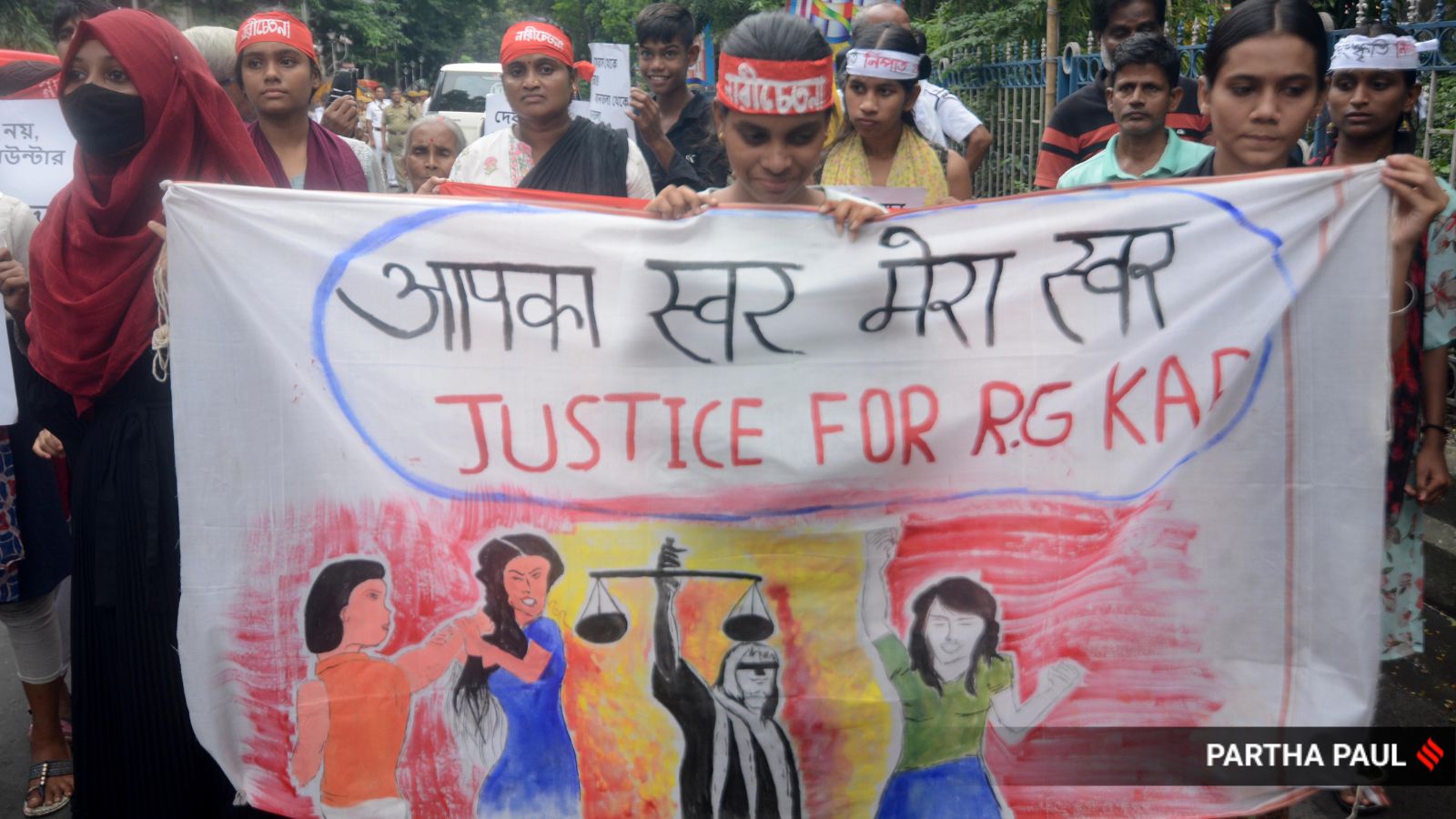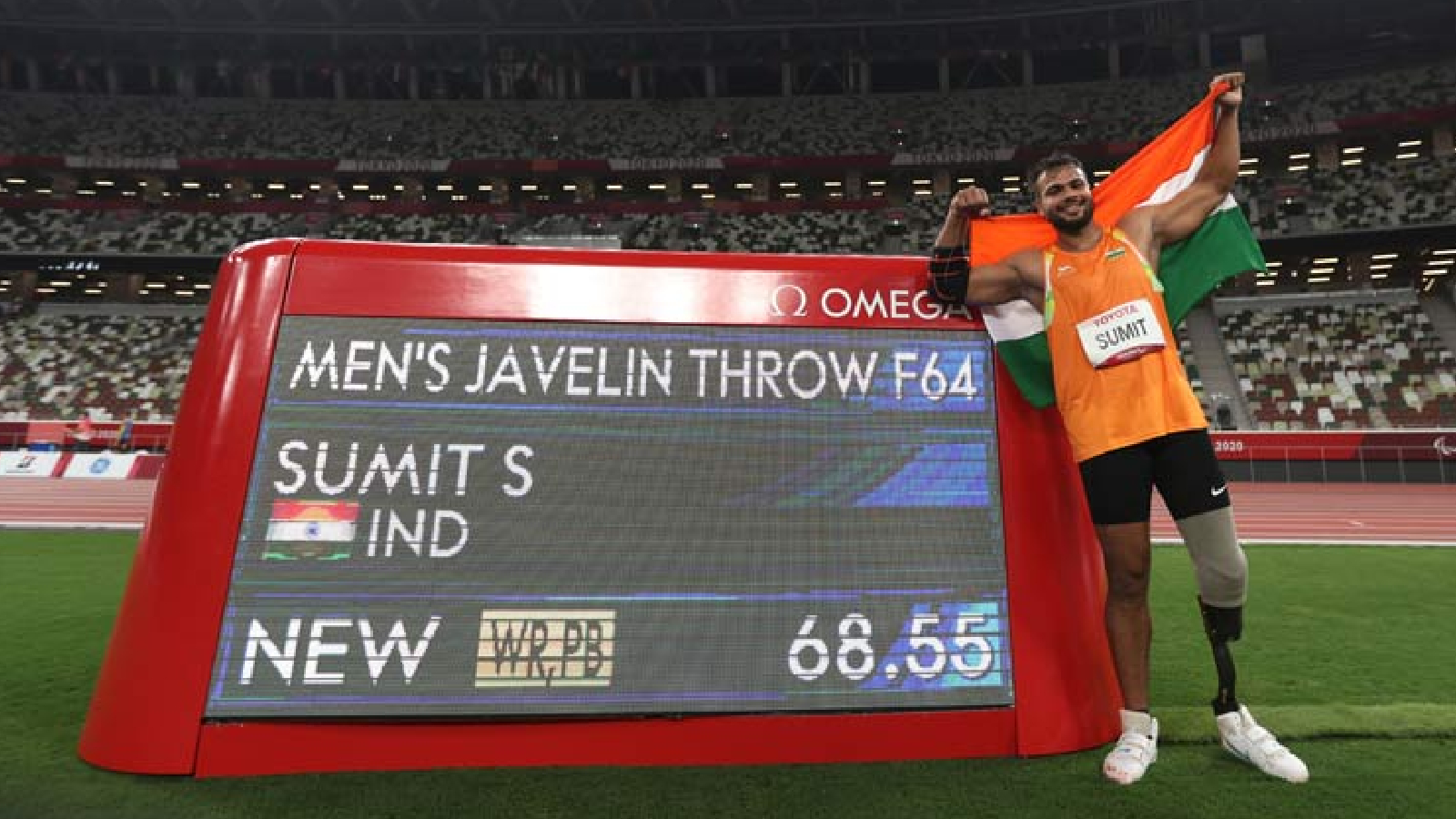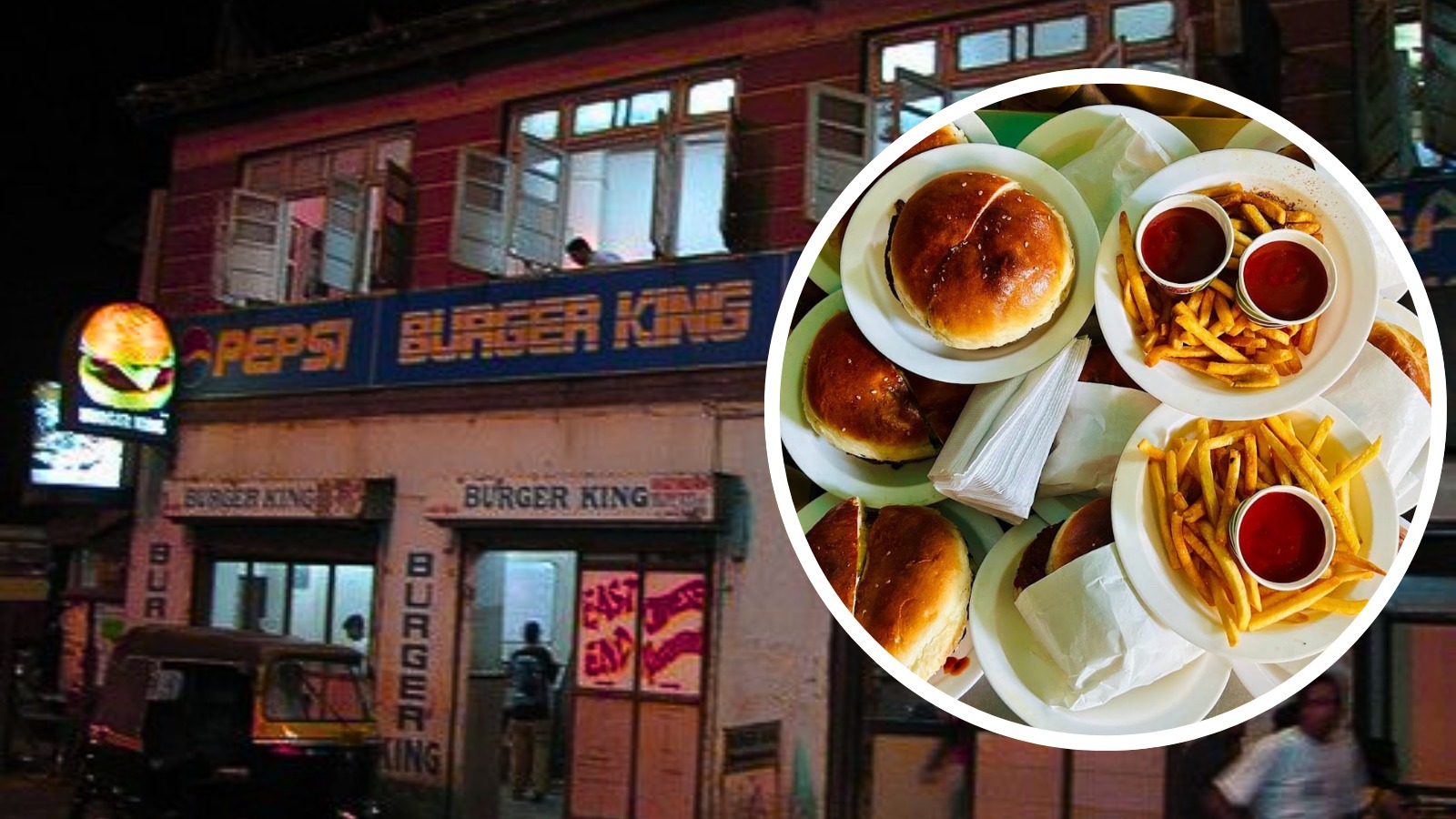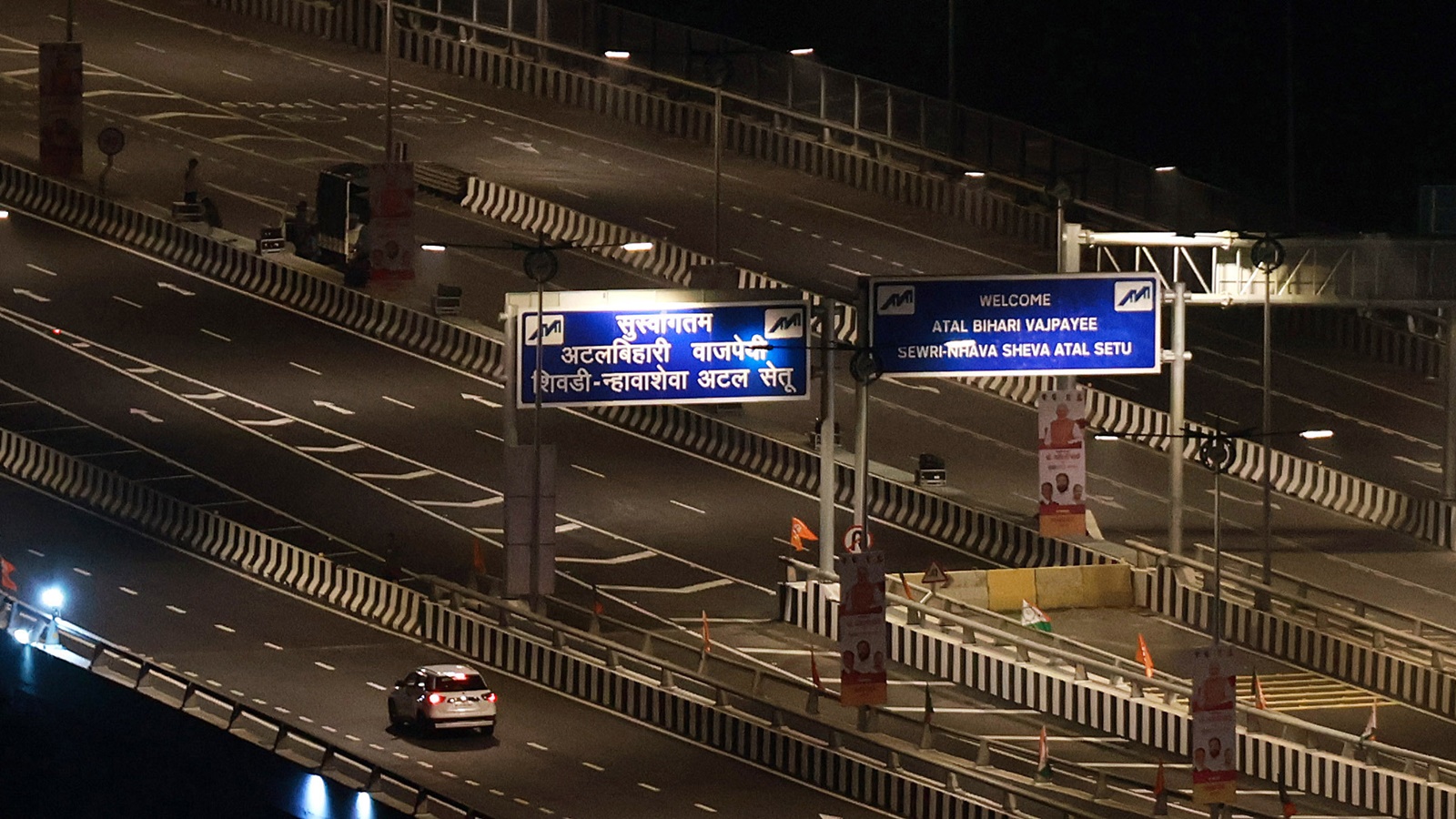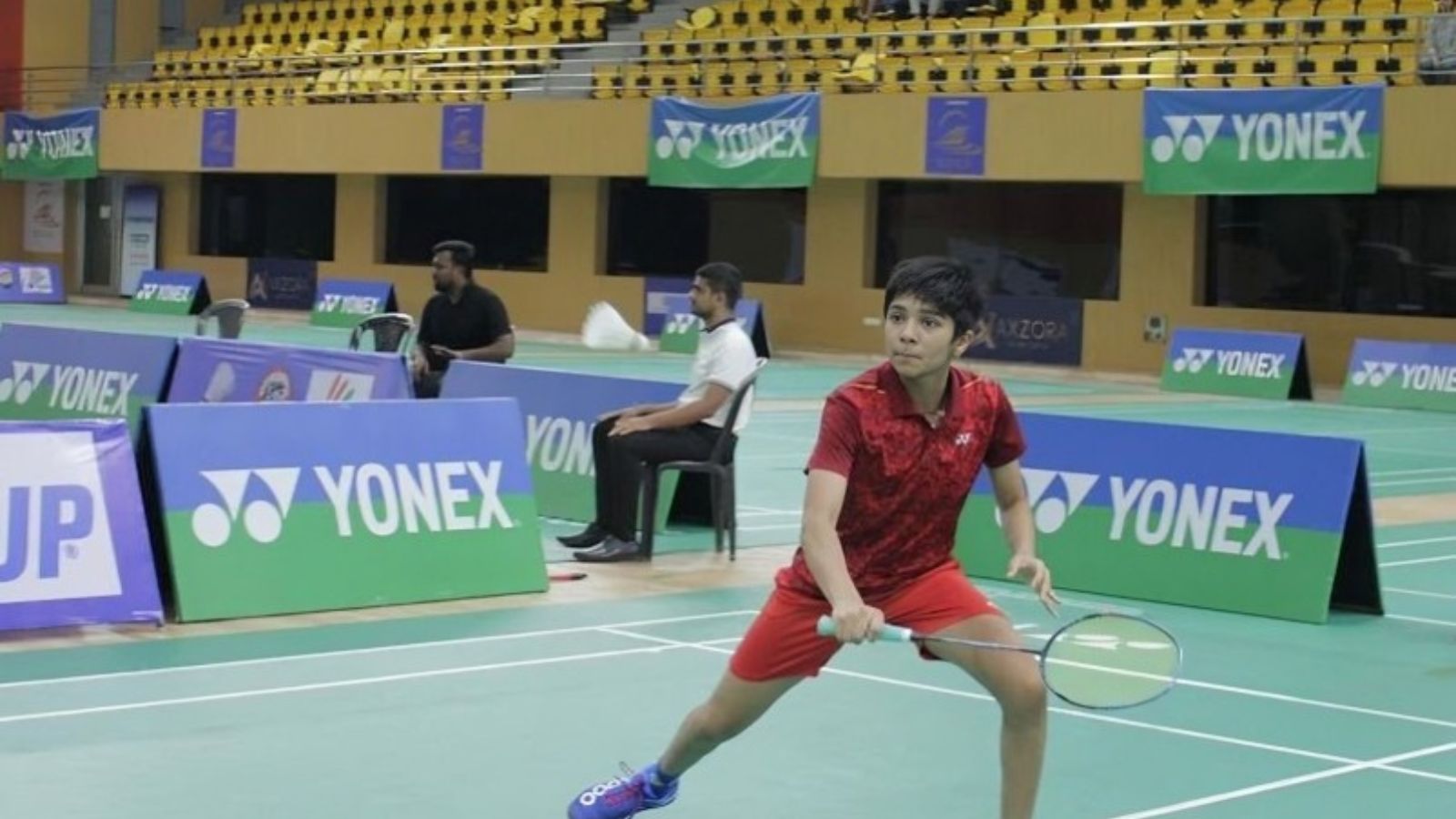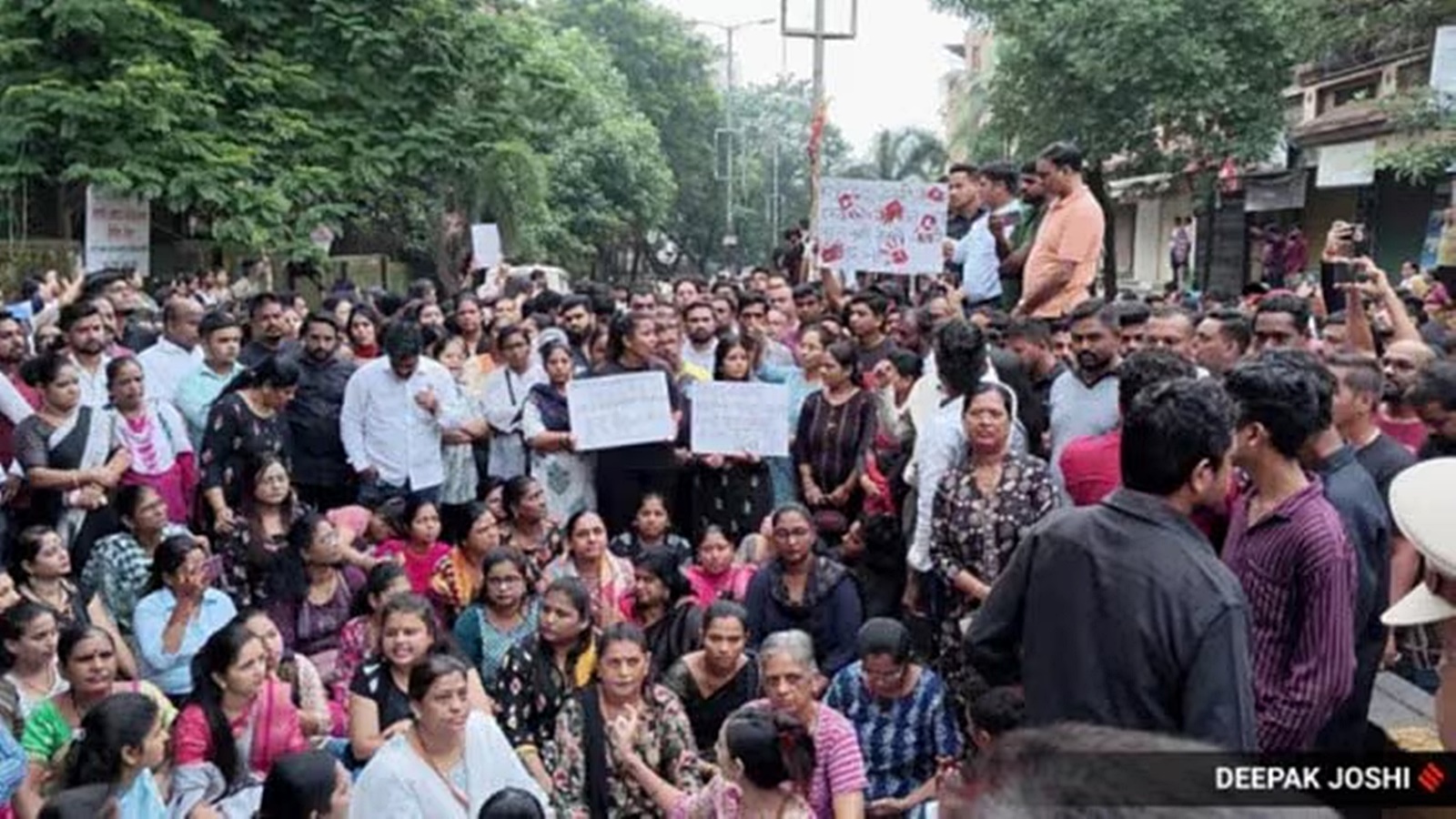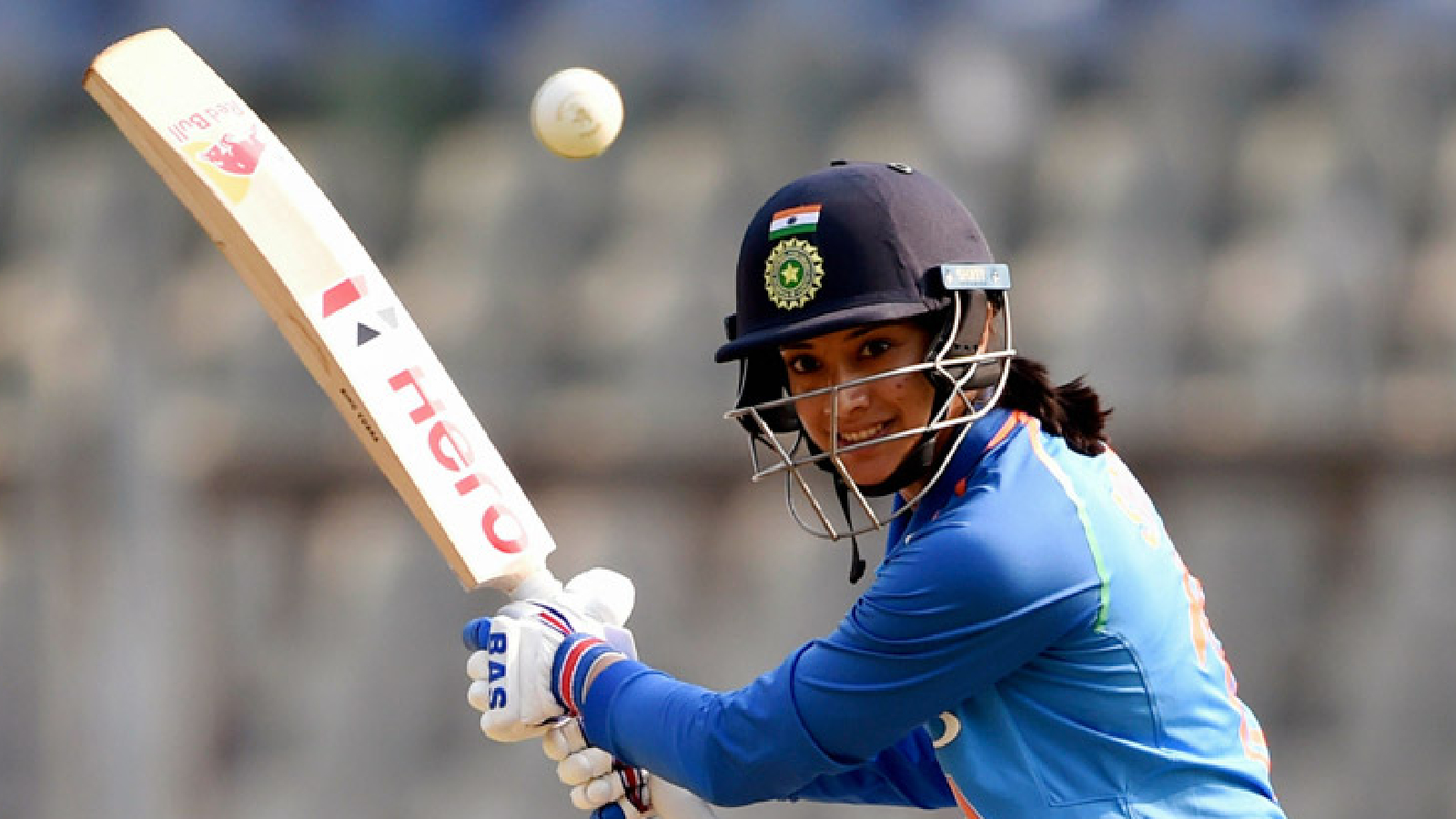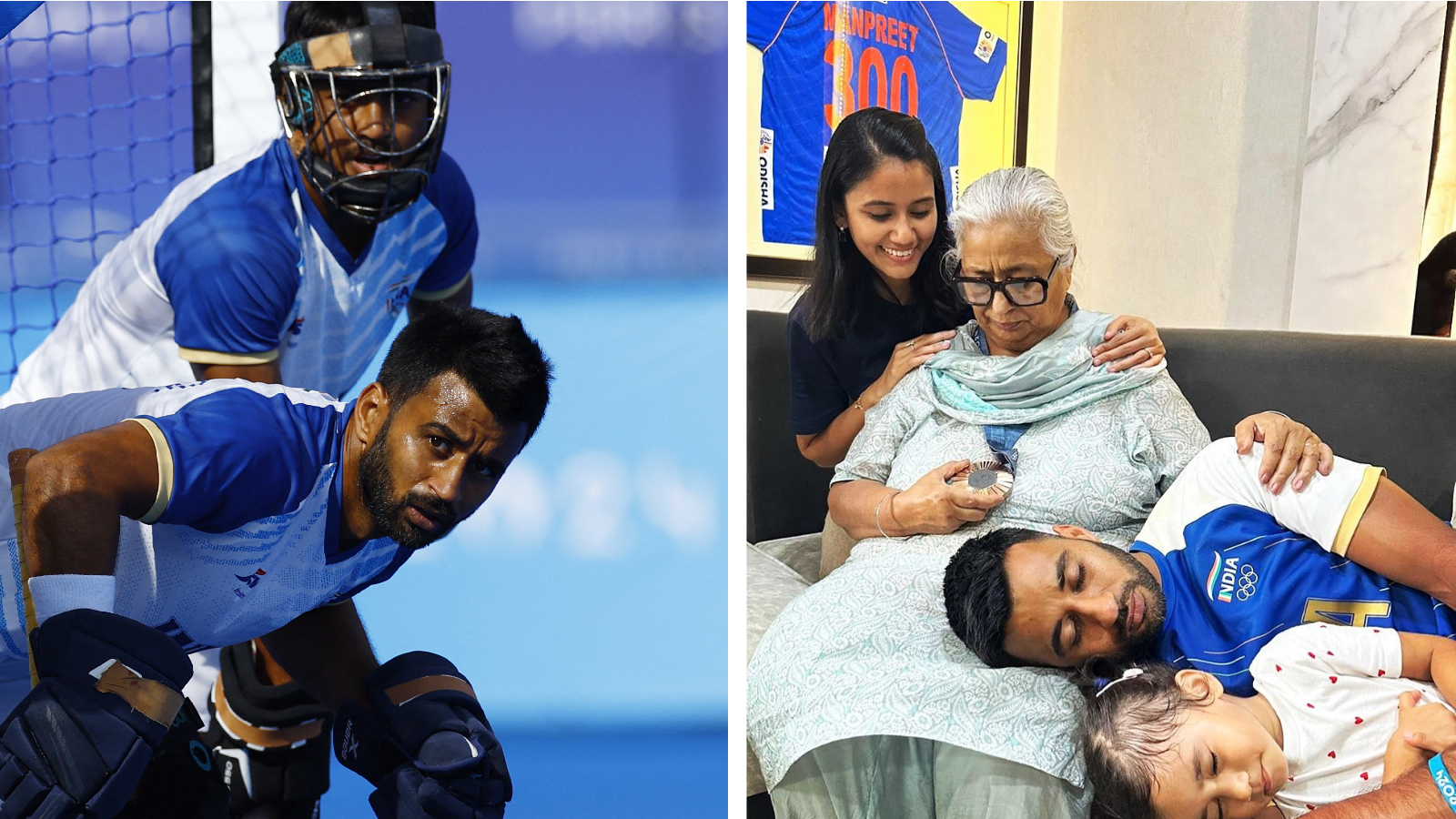Television actor Jasmin Bhasin recently experienced a frightening eye injury that has left her fans worried. In an interview with Bombay Times, she said, “I was in Delhi for an event on July 17, for which I was preparing. I don’t know what exactly went wrong with my lens , but after wearing it, my eyes started hurting, and the pain gradually intensified.” Despite the discomfort, she pushed through her work commitments before seeking medical help. “I wanted to see a doctor, but due to work commitments, I decided to participate in the event first and then visit the doctor. I wore sunglasses during the event and the team helped me with handling things, as I couldn’t see properly after a while. We went to an eye specialist late at night, who diagnosed me with corneal damage and placed bandages on my eyes,” she revealed. The news of her injury has since spread rapidly on social media, with fans expressing their concern and support for the actor. “Fortunately, I didn’t have to postpone any of my commitments. I hope to recover in a few days and get back to work,” she updated her fans and followers on social media. Dr Navya C, consultant ophthalmologist at Athreya Multi Speciality Hospital, says, “The sooner you seek medical attention, the better your chances of a full recovery. Don’t hesitate to see an eye doctor if you experience any concerning symptoms.” Corneal damage from contact lenses often stems from a few key issues: Improper Cleaning and Hygiene: Dirty lenses are a breeding ground for bacteria and other nasty microbes. These can infect the cornea, leading to painful ulcers or even scarring. Skipping cleaning steps or reusing lens solution are big no-nos. Overwearing Lenses: Contact lenses, even the breathable kind, limit the amount of oxygen reaching your cornea. Wearing them for too long or sleeping in them deprives your eyes of this essential oxygen, making the cornea more vulnerable to damage and infection. Dry Eyes: When your eyes don’t produce enough tears, lenses can stick to the cornea, causing irritation and potentially scratching the surface. This opens the door to infection. Poorly Fitting Lenses: An ill-fitting lens can rub against your cornea like sandpaper, leading to abrasions. This not only hurts but can also invite infection. Prevention is key: Follow a Strict Cleaning Routine: Wash your hands before handling lenses, clean and disinfect them as directed, and never reuse solutions. Replace your lens case regularly too! Stick to Wearing Schedules: Don’t wear your lenses longer than recommended, and take them out before sleeping unless you have special extended-wear lenses. Address Dry Eyes: If your eyes feel dry, use lubricating drops designed for contact lens wearers. Don’t ignore this issue; it’s not just about comfort. Get Regular Check-Ups: Eye doctors can ensure your lenses fit properly and that your eyes are healthy. They can also catch early signs of trouble before serious damage occurs. If you suspect corneal damage (symptoms can include pain, redness, blurred vision, or sensitivity to light), act quickly, says Dr Navya: Remove Your Contact Lenses: This prevents further irritation and allows your eye to start healing. Don’t Rub Your Eyes: This can worsen the damage. Apply a Cool Compress: A clean, damp cloth can soothe discomfort. Avoid Eye Drops or Ointments: Unless prescribed by a doctor, don’t put anything in your eye . See an Eye Doctor Immediately: Even if the pain subsides, it’s crucial to get checked out. Early diagnosis and treatment can prevent long-term vision problems. The impact of corneal damage depends on its severity, says Dr Navya. In terms of short term effects, minor damage like a small scratch can cause blurry vision, pain, and sensitivity to light. These usually resolve with treatment. In the long-term, severe damage like deep ulcers or scarring can lead to significant vision loss, even blindness in some cases. Treatment options vary depending on the type and extent of the damage: Medicated Eye Drops: Antibiotics, antivirals, or antifungals may be prescribed to treat infection. Pain Relief: Over-the-counter pain relievers or prescription medication can help manage discomfort. Eye Patch: This protects the eye and promotes healing. Corneal Transplant: In severe cases where scarring or damage is extensive, a transplant may be necessary to restore vision. None
Popular Tags:
Share This Post:
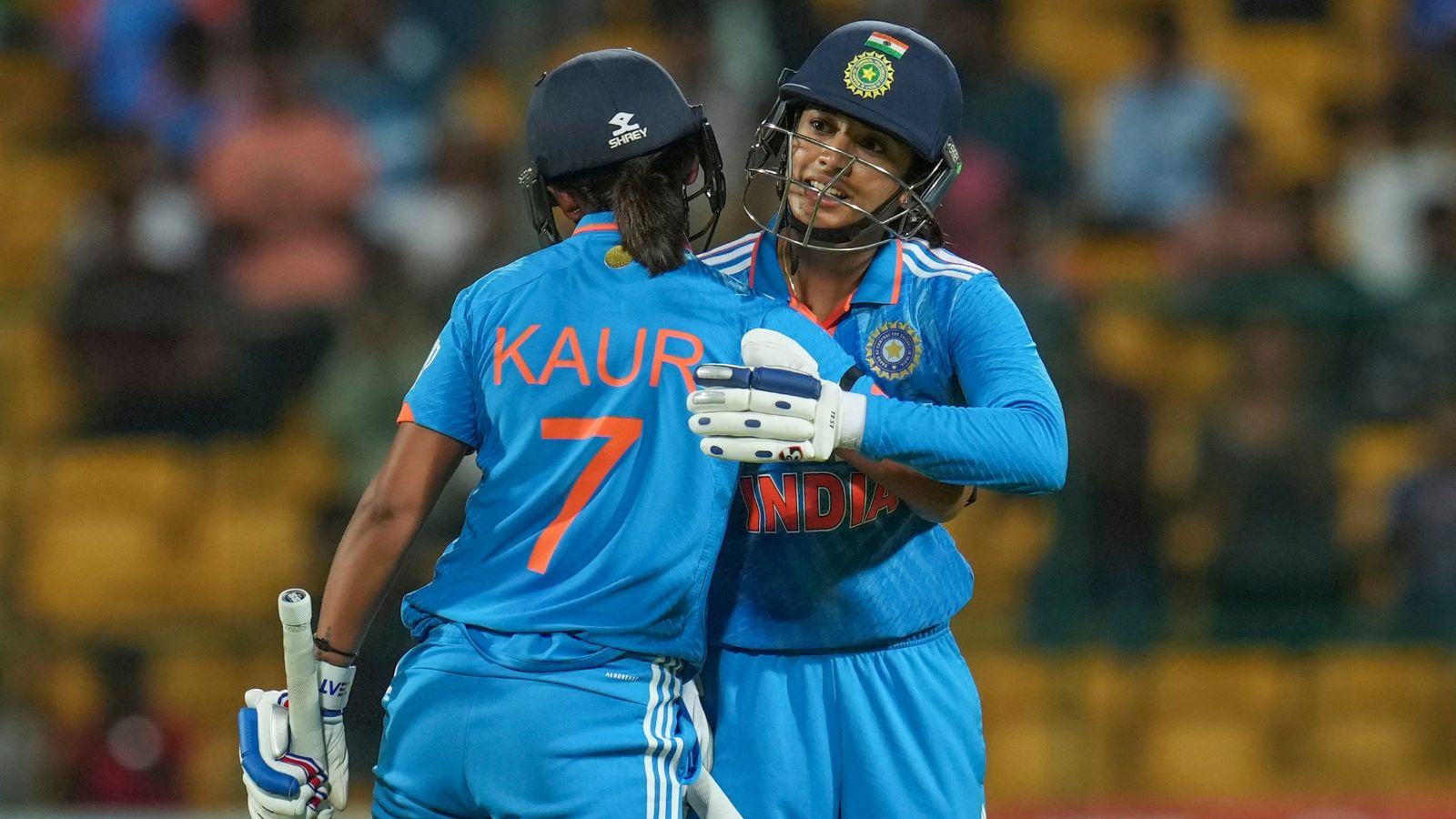
Women’s T20 World Cup 2024: Full schedule, match dates, groups, squads and venues
August 27, 2024What’s New
Spotlight
Today’s Hot
-
- August 27, 2024
-
- August 27, 2024
-
- August 27, 2024
Telegram becomes free speech flashpoint after founder’s arrest
- By Sarkai Info
- August 27, 2024
Featured News
IBM to close China R&D department, affecting over 1,000 jobs
- By Sarkai Info
- August 27, 2024
Latest From This Week
How India’s U-15 winner trained in China, won local tournament at 6
ARTICLE
- by Sarkai Info
- August 27, 2024
OpenAI supports California AI bill requiring ‘watermarking’ of synthetic content
ARTICLE
- by Sarkai Info
- August 27, 2024
Subscribe To Our Newsletter
No spam, notifications only about new products, updates.



